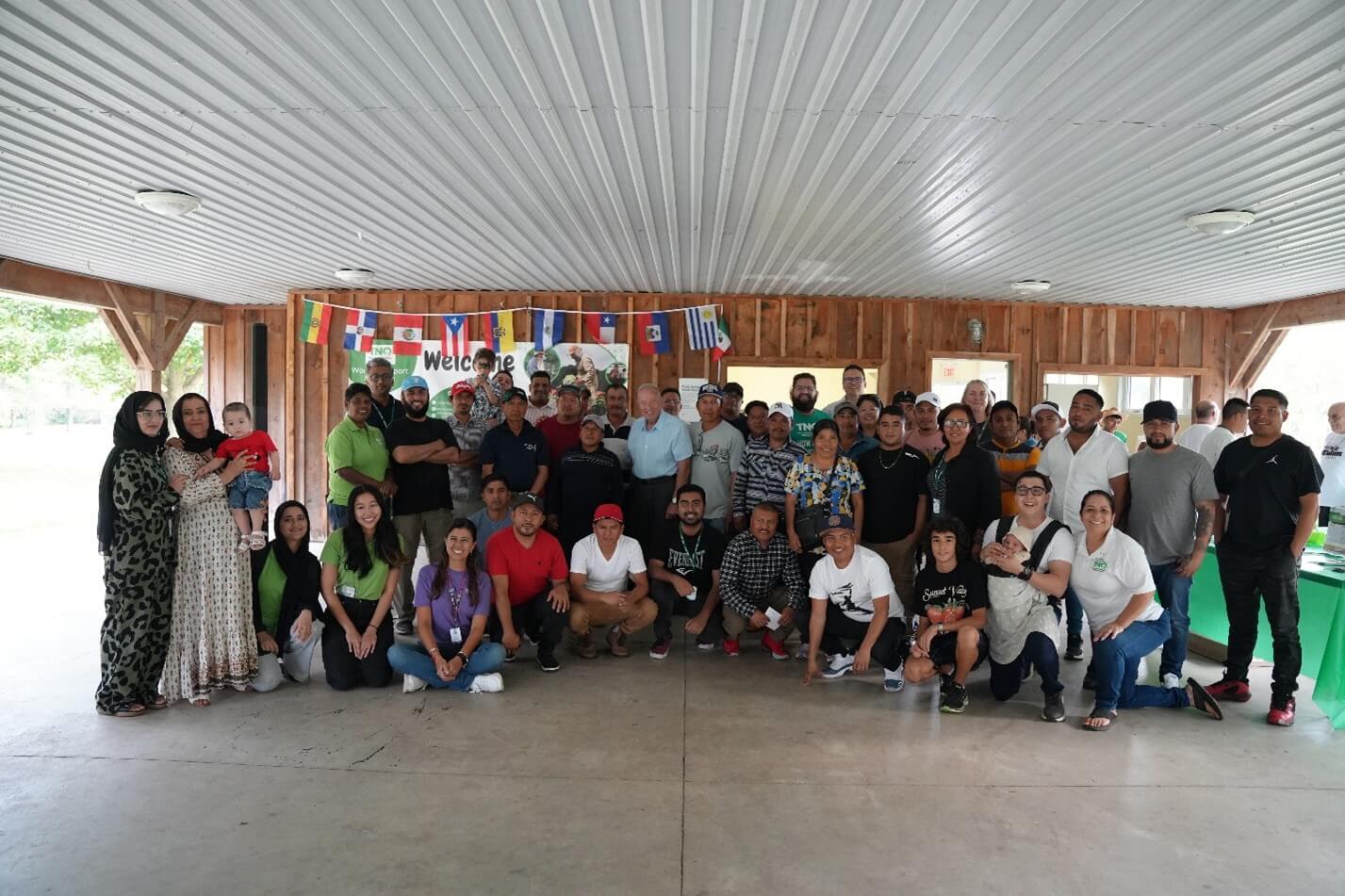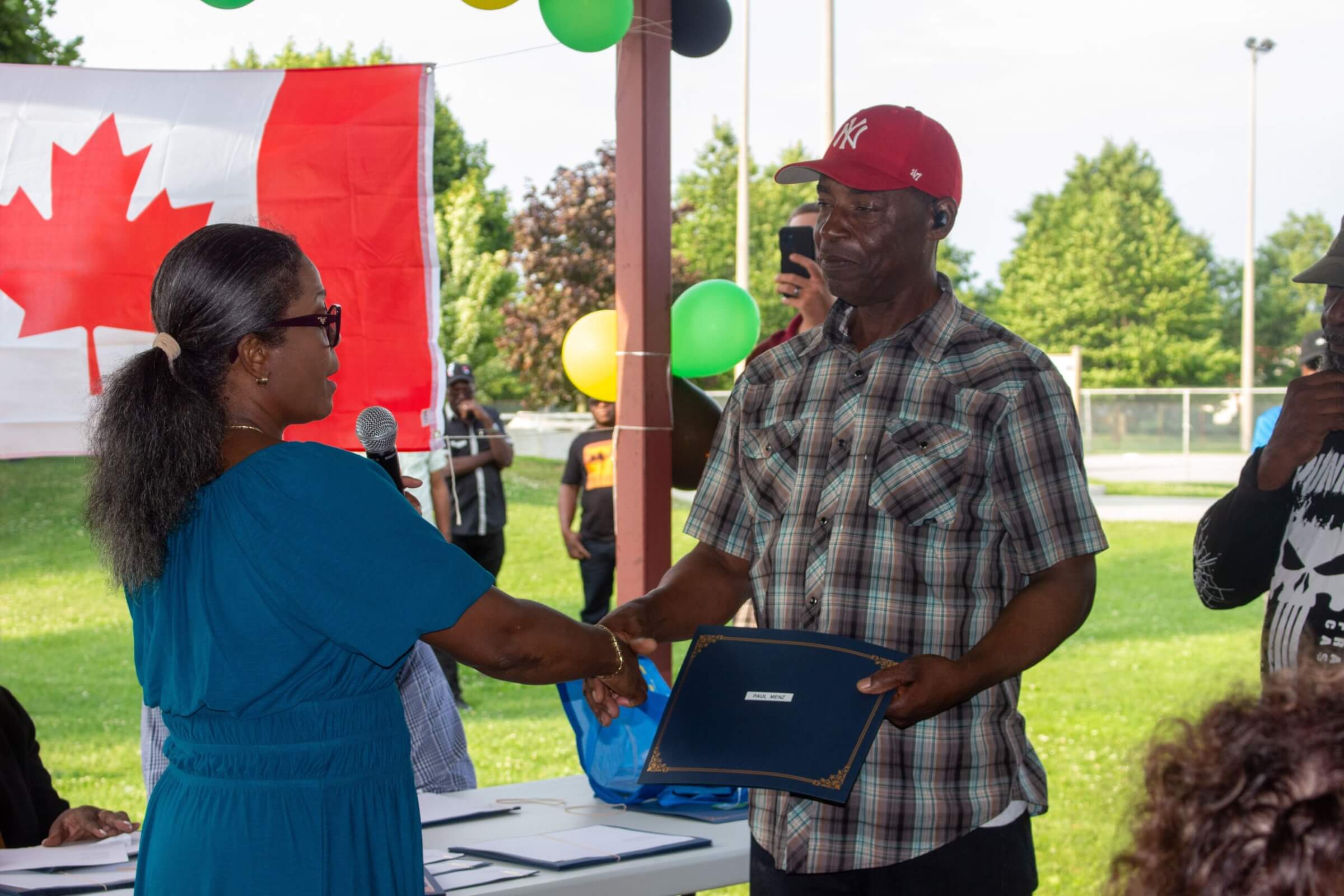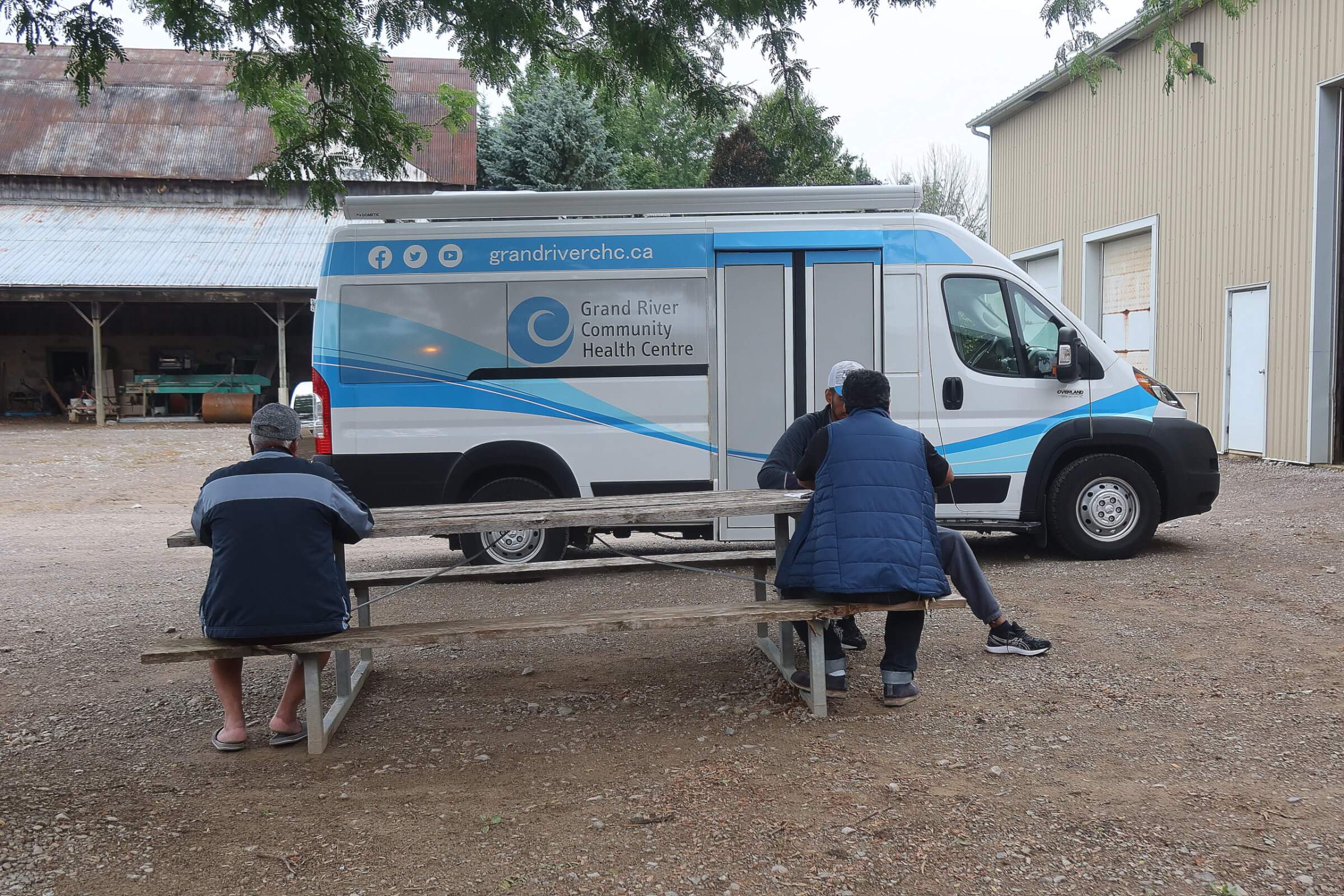A guest blog from The Neighbourhood Organization
At TNO – The Neighbourhood Organization, we believe that supporting Ontario’s migrant workers begins with recognizing them as more than just a workforce — they are individuals, parents, learners, and community builders. That’s why we lead the Worker Support Services (WSS) program, a province-wide initiative funded by the Government of Canada to ensure temporary foreign workers (TFWs) can access the information, resources, and supports they need to thrive while working and living in Ontario.

Since its inception, the WSS program has supported over 46,000 migrant workers, delivering over 100,000 engagements through workshops, one-on-one supports, legal referrals, social events, and emergency housing. We deliver these services in partnership with a network of grassroots, legal, and health-based organizations across Ontario — from Niagara to Thunder Bay and everywhere in between.
Recently, we’ve focused our efforts on connecting with Spanish-speaking vegetable farmworkers in Durham Region and Northumberland County. Many of these workers face language barriers that limit their ability to fully access community resources or participate in day-to-day life outside the farm. Our outreach team began meeting with these workers directly — at churches, and informal community spaces — to introduce the services available in their area.
Case Study: Community, Language, and Belonging at Pingle’s Farm, Durham Region
One of the standout examples of this work took place at Pingle’s Farm in Durham Region — a beloved local market known for its fresh fruit, vegetables, and family-friendly events. Each year, Pingle’s welcomes a dozen migrant farmworkers from Mexico, who play a critical role in bringing fresh produce to the community.
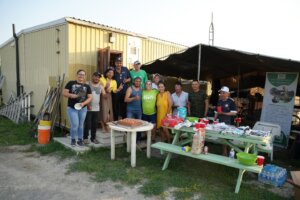
In 2024, TNO and the WSS program extended an invitation to the Pingle’s team to join us at several community events, including a mid-summer BBQ in Whitby, where workers came together for food, music, and a well-deserved break — a joyful space where they felt truly welcomed and celebrated.
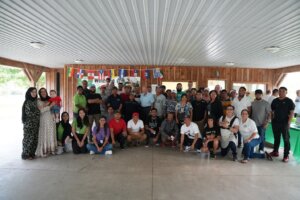
Even more impactful was their participation in a community-based English language class, specifically designed for migrant workers. In these evening conversation circles, we focused on real-world language skills — how to ask for help at the grocery store, speak to a bank teller, give directions, or ask questions in the workplace. The sessions were light-hearted, practical, and full of laughter, but they also empowered the workers with tools that built confidence and independence.
For many of the workers at Pingle’s, it was their first time attending such a program — and they left not just with new phrases, but with a renewed sense of belonging in the wider community. These are the kinds of opportunities the Worker Support Services program provides — meaningful, human-centered, and rooted in dignity.
In Northumberland County, our outreach sessions provided vital information on health care, legal rights, local food programs, and workers’ compensation — all delivered in Spanish. By bringing trusted, culturally competent support directly to farmworkers, we’re bridging the gap between essential community services and the people who help grow our food.
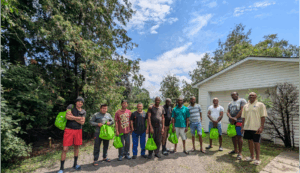
We’re proud to stand alongside Ontario’s farmers and the organizations behind More Than A Migrant Worker in sharing these stories — because every connection made and every right understood brings us one step closer to building a truly inclusive and respectful system for all.
To learn more about the Worker Support Services program or to connect with one of our partner agencies.
